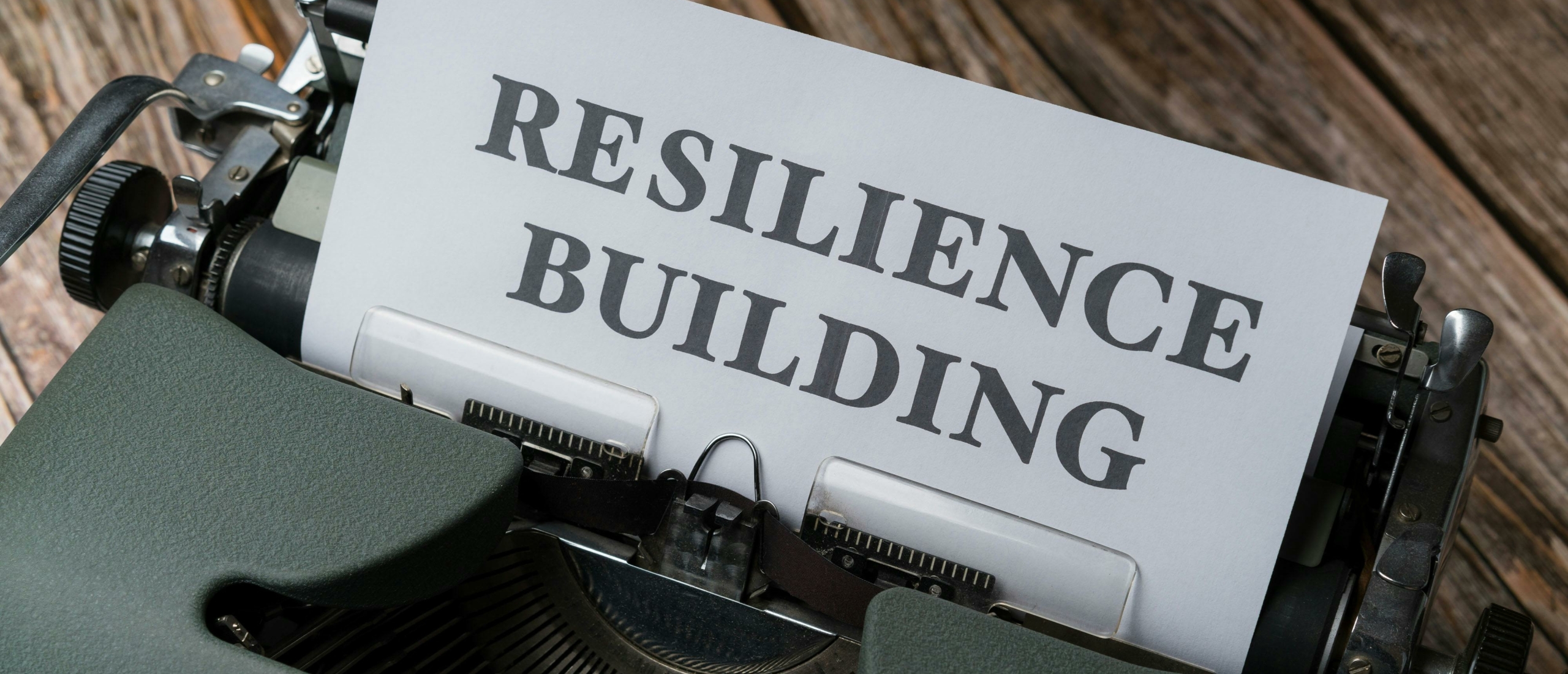
Conscientiousness is one of the Big Five personality traits — a key dimension of human personality linked to discipline, responsibility, and goal orientation. People high in conscientiousness are often described as reliable, organized, and hardworking. But beyond success and structure, conscientiousness has another surprising benefit: it protects against stress.
In this article, you'll learn what conscientiousness means in psychology, how it influences daily behavior, and why this personality trait makes you more resilient in demanding environments.
What Is Conscientiousness?
In psychology, conscientiousness refers to a person’s tendency to be orderly, responsible, and self-disciplined. It’s a trait associated with:
- Planning ahead
- Meeting deadlines
- Avoiding impulsive decisions
- Following through on commitments
Conscientiousness is one of the Big Five personality traits, alongside openness, extraversion, agreeableness, and neuroticism.
Highly conscientious people are not just efficient — they are dependable and often seen as the backbone of any team or organization.
Everyday Examples of Conscientious Behavior
To make this more concrete, here are some examples of what conscientiousness looks like in everyday life:
- You prepare for a meeting the day before rather than rushing at the last minute.
- You keep a to-do list and enjoy crossing things off.
- You pay attention to details and follow instructions carefully.
- You avoid procrastinating — not just to meet deadlines, but because it feels good to be in control.
How Conscientiousness Protects Against Stress
Conscientious individuals tend to experience less chronic stress. Why?
- They plan ahead, which reduces uncertainty and the need for last-minute scrambling.
- They stick to routines, which provide a sense of predictability and control.
- They delay gratification, resisting temptations that could cause problems later.
- They take responsibility, which helps them solve problems instead of feeling helpless.
While neuroticism increases stress sensitivity, conscientiousness does the opposite — it offers structure and control, two powerful buffers against burnout and overwhelm.
The Double-Edged Sword: When Conscientiousness Backfires
Although conscientiousness protects against many forms of stress, there are also risks when it becomes extreme:
- Perfectionism can lead to burnout, especially in jobs with high demands.
- Overcommitment can cause people to take on too much responsibility.
- Rigid routines can make it hard to adapt to unexpected changes.
This means conscientiousness works best when balanced with flexibility, self-compassion, and clear boundaries to avoid burnout.
Can You Become More Conscientious?
Personality traits are stable but not fixed. Research shows that people can develop greater conscientiousness over time, especially through:
- Forming habits and daily routines
- Setting long-term goals and tracking progress
- Using tools like planners, reminders, or accountability systems
In fact, learning to become more conscientious is one of the best investments for both mental health and career success.
FAQ: Conscientiousness and Stress
Is conscientiousness a personality trait?
Yes, it’s one of the Big Five traits in psychology and refers to a person’s level of discipline, organization, and reliability.
What are some examples of conscientiousness?
Keeping a calendar, following through on promises, avoiding procrastination, and working toward long-term goals.
How does conscientiousness reduce stress?
By promoting order, structure, and responsibility, it helps reduce uncertainty and prevent crises.
Can conscientiousness lead to burnout?
Yes — when it becomes perfectionism or overcommitment, it can increase stress. Balance is key.










